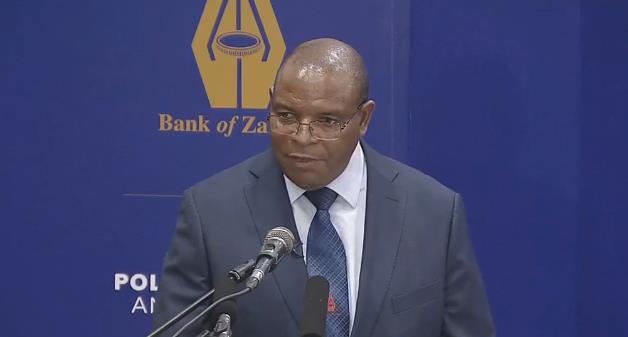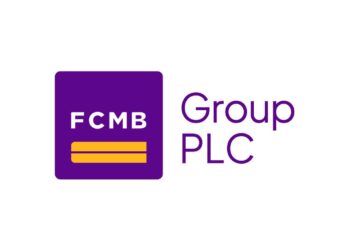As digital finance sweeps across the globe, Africa is not being left behind.
Currently, African countries are actively researching, piloting, or rolling out Central Bank Digital Currencies (CBDCs), a testament to the continent’s growing commitment to fintech innovation and financial inclusion.
CBDCs are government-issued digital versions of national currencies, secured, traceable, and issued directly by central banks. Unlike cryptocurrencies, they are legal tender and function alongside traditional cash.
As African central banks explore this next frontier, they aim to close financial inclusion gaps, streamline cross-border payments, and modernize monetary systems.
But rolling out a CBDC in Africa isn’t just about tech; it’s about navigating fragmented infrastructure, regulatory complexity, and diverse digital literacy levels.
Below is a rundown of ten African countries making major strides in digital currency exploration as of 2025.

Zambia’s central bank is studying the policy and technological frameworks for implementing a CBDC. The research focuses on how a digital currency could improve inclusion, transaction traceability, and payment system integrity.
The country has yet to announce a definitive timeline but continues to engage experts and explore public-private partnerships to guide the next steps.
The BoZ has been studying the pros and cons of a CBDC and is expected to use the results of this research to inform policy decisions on whether to proceed with its introduction.
A CBDC could potentially offer benefits like increased financial inclusion, improved payment system efficiency, and greater traceability of transactions in Zambia.

























